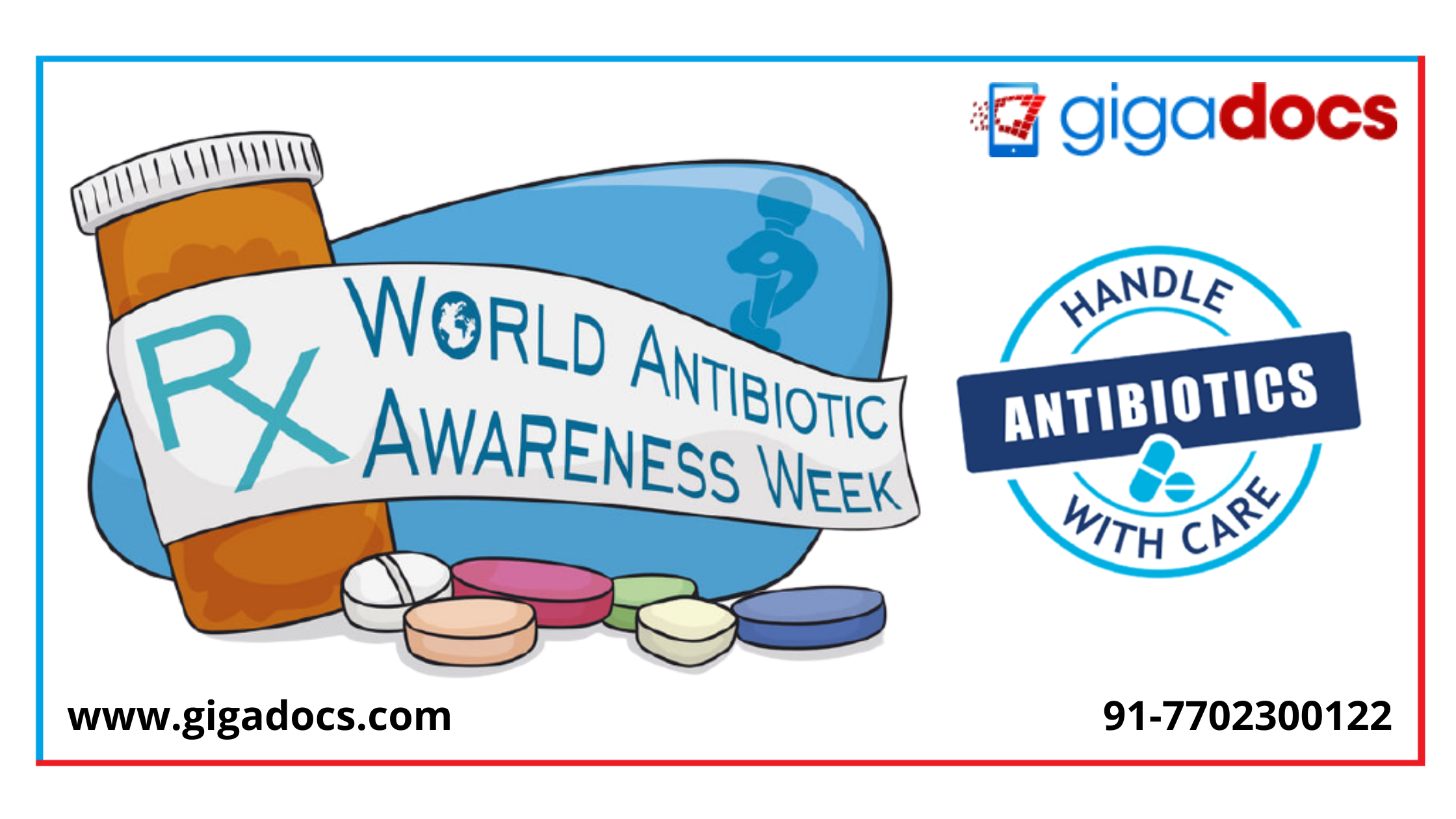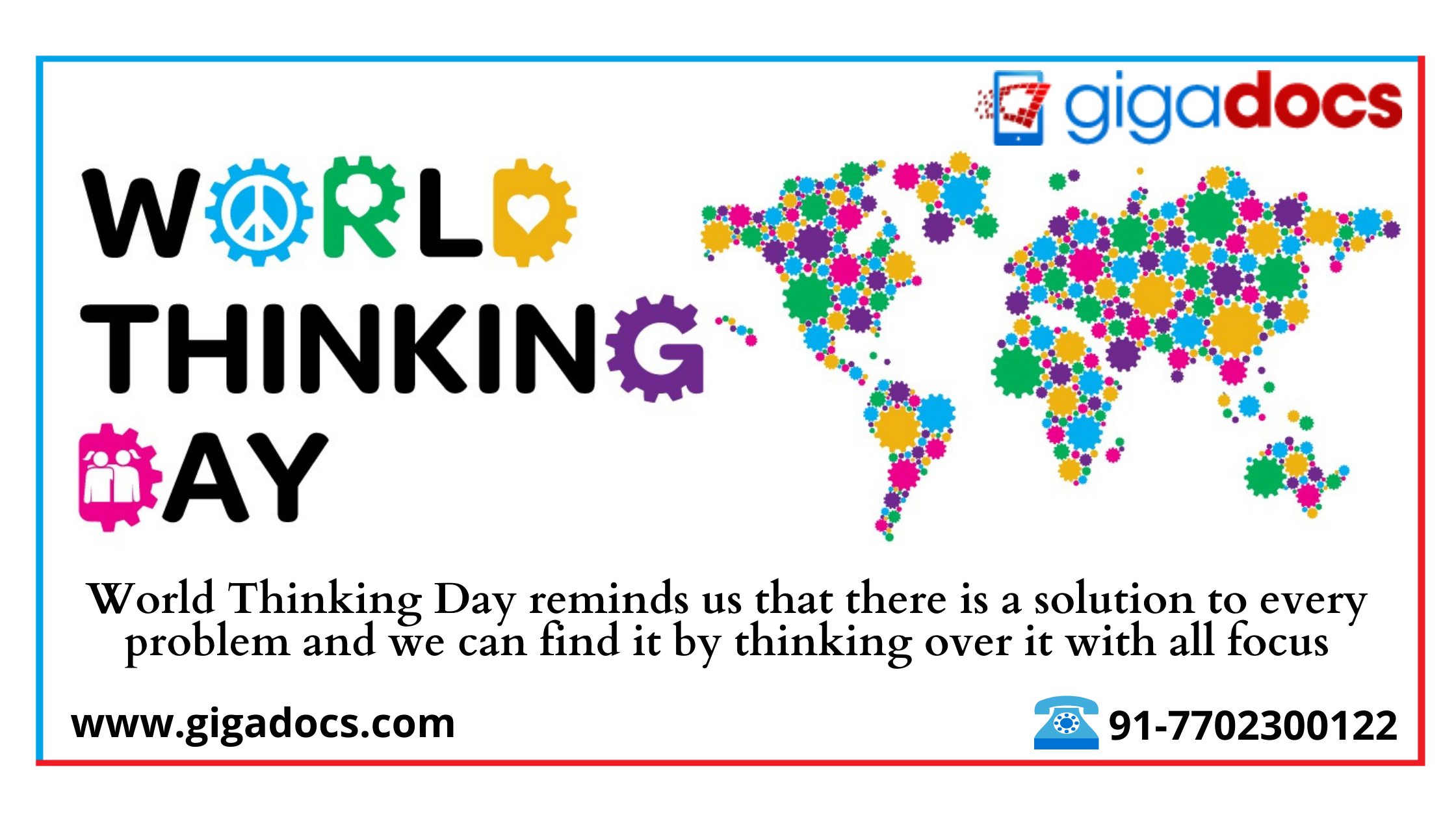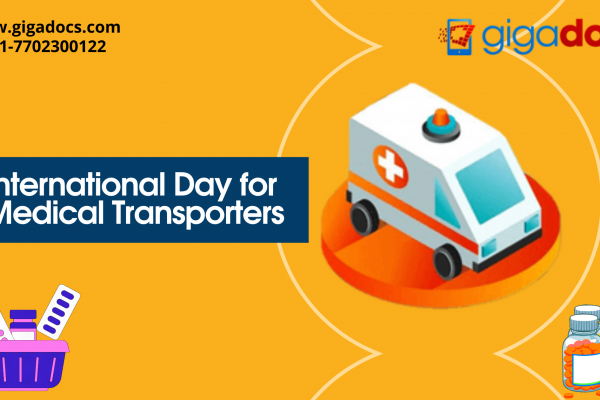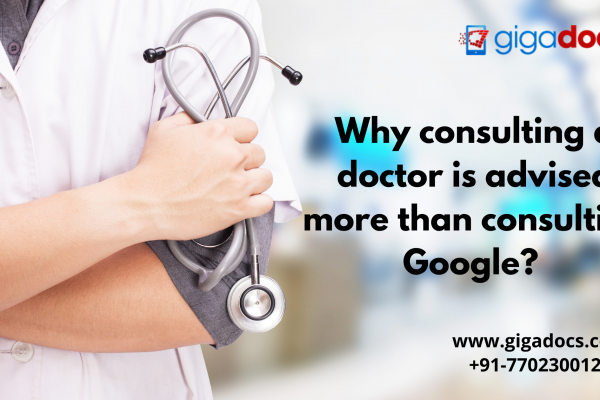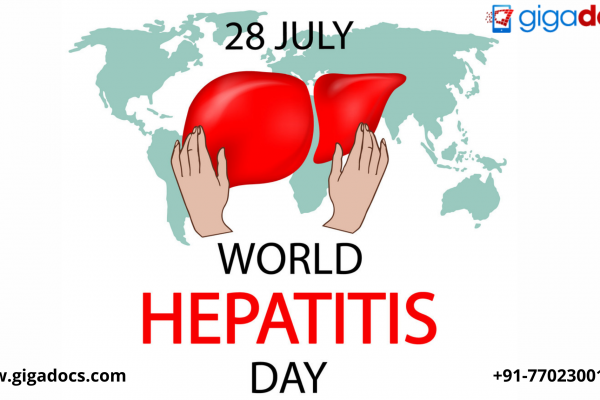Antibiotics are medicines available over the counter (OTC) or on a prescription basis that helps in fighting off infections caused by bacteria. Antibiotics kill bacteria at root alternatively restrict them from reproducing themselves.
Antibiotics are prescriptive medications against-
- Whooping cough
- Strep throat
- Sinus infections
- Dental infections
- Skin infections
- Meningitis infections
- Kidney infections
- Bacterial pneumonia
Addressing Antibiotic Resistance
While bacteria can attack any organ of our body; antibiotics are an effective weapon that fights almost all bacterial infections. However, over the years bacteria have begun to mutate themselves, causing the antibiotics to fail. Referred to as antibiotics resistance, it has become one of the major global threats and is the reason behind over 750,000 annual deaths, which can further increase if corrective actions are not taken.
Antibiotic resistance happens when the very medications made to kill the bacteria become resistant, and non-effective. That means the germs continue to grow further leading to greater dangers. Antibiotic resistance can affect anyone at any life-stage, any healthcare condition making it one of the world’s most urgent public health concerns. Besides, antibiotic resistance has been attributed to the overuse of the readily available OTC medications. Antibiotic resistance may cause prolonged hospital stays, additional follow-up measures, more frequent doctor visits, medical costs, and increased mortality.
How serious is Antibiotic Awareness?
Antibiotics are more effective for bacterial infections. They would not do any good when the ailment is caused by a fungus or virus. Unawareness of Antibiotics like their dosage, the expiry date can be harmful. These side effects range from minor to severe health issues.
Over the years, a growing number of infections like tuberculosis, pneumonia, gonorrhoea, have become complex for medical treatment. The antibiotics that were earlier administered, have become ineffective.
- Antibiotic Resistance can be dangerous. Over 60% of the populations carry some of the other drug-resistant bacteria in their DNA.
- Addressing antibiotic resistance may cost thousands of dollars, rise medical expenses which may be unfordable to many patients.
However, when a patient needs antibiotics, its benefits outweigh the side-effect and antibiotic resistance. Antibiotics awareness, which includes the minimum dosage levels, how it should be taken (with water/ milk or food), timings of dosage, side effects of antibiotics help to keep us healthy and fight antibiotic resistance. Antibiotics are ineffective on viruses that cause the common cold, runny nose, and flu infectivity.
Overall antibiotics awareness ensures that these life-saving medications will be available for the benefit of future generations.
World Antibiotic Awareness Week
From the discovery of the first synthetic antibiotic in 1907 to recognizing World Antibiotic Awareness Week in 2015, we have come a long way to acknowledge the importance of antibiotic awareness.
Antibiotic resistance is considered a high priority by the World Health Organisation. To address the importance of antibiotic awareness, the WHO annually observes “World Antibiotics Awareness Week” from November 11-17. This week aims to encourage the best practices for antibiotic usage and prevent instances of antibiotic resistance globally.
Dangers of Self Medication with Antibiotics
Self-medication with antibiotics is not considered to be a responsible habit. Antibiotics don’t work with painkillers and should not be taken for pains, fevers, headaches, and aches. They are only effective against bacterial infections. The dry chilly winter months invite seasonal flu, ENT infections, throat, and lung illness. Besides, estimates say that about 80% of them are caused by fungus or virus. So, taking antibiotics will not make you feel any better.
Self-medication is when you take (or are tempted to take) leftover antibiotics from previous treatments that have worked, or buy OTC antibiotics without a prescription. However, be cautious as you do not know the severity of your present illness. In this case, self-medication may not be a good idea. Follow these tips for safe antibiotics usage-
- Never save or be tempted to use leftover antibiotics.
- Never share leftover antibiotics from previous treatments with others in the family or friends.
- Ask your doctor/ pharmacist how to dispose of the remaining antibiotics dosages (e.g., tablets, gel caps).
When to See a Doctor?
Wrong antibiotic dosage or taking expired medications may be life-threatening. If you have taken antibiotics through self-medication or if your prescribed antibiotics don’t work, then you should see your doctor immediately. Watch out for your bacterial disease’s symptoms, incubation period, and recovery cycle-
| Bacterial Infection | Incubation Period | Recovery Period |
| Whooping cough | 7 to 10 days | 2 to 3 months |
| Diphtheria | 2 to 5 days | 4 to 6 weeks |
| Ulcers | 2.5 to 5 months | 2-3 months serious ulcers- 6 weeks |
| Meningitis | 4 days but can range between 2 to 10 days. | 1 to 4 weeks |
| Pneumonia | 12 hours to 3 days | 1 to 6 weeks |
| Gastrointestinal (GI) food poisoning | 12 to 72 hours | 4 to 7days |
| UTI (Urinary Tract Infection) | 13 to 16 days | 24 to 48 hours after treatment begins. For kidney infections, it may take 1 week or longer |
| Gonorrhoea | 2 to 5 days | 2 weeks |
| Ear infections | 2 or 3 days | 3 to 10 days |
| Sinusitis | 7 to 11 days | 2 to 3 weeks |
We are facing a second wave of Covid-19, and this time the severity is more serious. If you have any bacterial infections consult a specialist on the Gigadocs app. Your doctor will prescribe antibiotics according to your symptoms and the severity of the infection. Take special care if you are-
- Over 65 years of age.
- Pre-existing diseases like asthma or diabetes.
- Have chronic obstructive pulmonary disease, or bronchitis.
- Have a history of heart problems (e.g., previous heart attack, angina, chronic heart failure).
- Are immune suppressant.
- Are on drugs (e.g., steroids, chemotherapy for cancer, medications for thyroid gland functions).
Consulting Specialists on Gigadocs App for Severe Infections
The changing seasons and the second wave of Coronavirus have made digital consultation an important step towards safe Medicare. Digital doctors registered on the Gigadocs app lets you consult for infections and other ailments from the comfort and privacy of your home.
For young parents, Gigadocs has bought Vaccination Schedule Chart to help them get the complete vaccination schedule of their children by their date of birth.
Download the Gigadocs practice management app from the Play store and the App Store that lets you book specialist doctors for respiratory asthma, cardiovascular ailments, infections, gastrointestinal diseases. Gigadocs offers-
- Digital prescriptions,
- Health record maintenance system,
- Vitals tracking,
- Online appointment booking.
To Download Gigadocs app-
- IOS App – apple.co/2W2iG4V
- Android App – bit.ly/33AQoRC
To know more and schedule a Virtual Consultation demo, e-mail, at info@gigadocs.com
